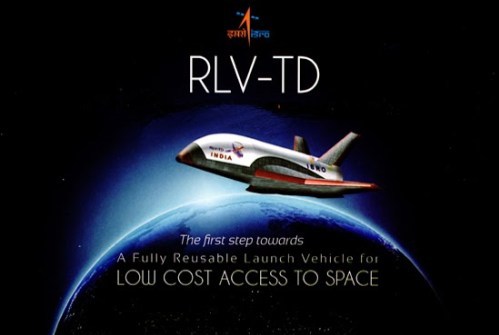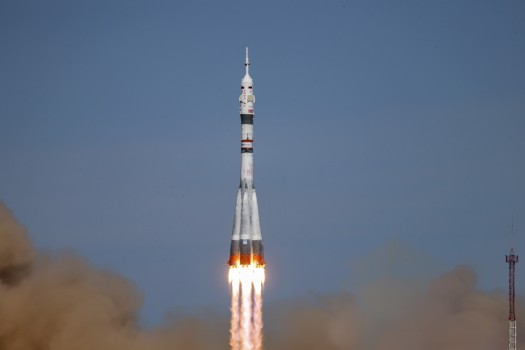
HYDERABAD (PTI): Describing Monday's successful launch of an indigenously winged Reusable Launch Vehicle (RLV) as a small step in achieving the objective of reducing the cost of space transportation, top space scientist G Madhavan Nair said it may take ten years for the country to put in place such an operational rocket.
India on Monday successfully launched the first technology demonstrator of indigenously made RLV, capable of launching satellites into orbit around earth and then re-enter the atmosphere, from Sriharikota in Andhra Pradesh.
Highlighting that India has been in the field of rocket launchers and satellite launches and has gained a good technical base in rocket technology, Nair, the former Chairman of Indian Space Research Organisation (ISRO), however, said since these rockets are expended after each launch, the cost of access to space remains high.
"If you want to reduce the cost of access to space, the hardware has to be reused. So, the recoverable and reusable launch vehicle demonstrator is a small step towards achieving the final goal like that. And that is very much needed," he told PTI.
"When you want to have future space programme, either you want to have an orbiting platform or to go to Moon or Mars etc, we have to significantly bring down the cost of launchers. To achieve low cost access to space, recoverable and reusable launch vehicle is a must," Nair said.
"A host of technologies related to hypersonic flight, and the thermal management and re-entry, and all these things are big question mark before us. This demonstrator is a small beginning towards that wherein rocket technology and aircraft technology has been integrated together and ISRO team has done an excellent job in making this demonstration today," he said.
Asked how long he believe it would take for the country to operationalise the system, Nair said, "My feeling is that such a programme if it's initiated today it will take about ten years before you can have first operational system.
So, that's a long way to go."
So, ISRO certainly has to come out with its long-term plan, he said.
"At the moment, there is nothing visible. They have to worry about what they will be doing in the next ten years, and integrating all such technologies and ambitious goals of planetary explorations and the spacecraft of new generation have to be chalked out into the next ten year plan," he said.
 Previous Article
Previous Article












The Indian Air Force, in its flight trials evaluation report submitted before the Defence Ministry l..
view articleAn insight into the Medium Multi-Role Combat Aircraft competition...
view articleSky enthusiasts can now spot the International Space Station (ISS) commanded by Indian-American astr..
view article